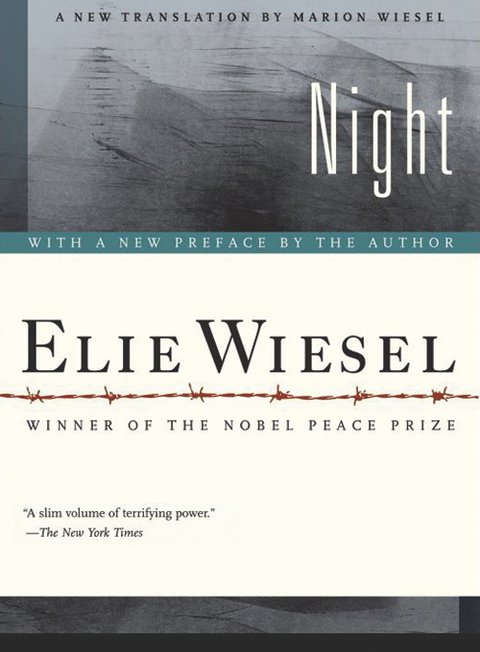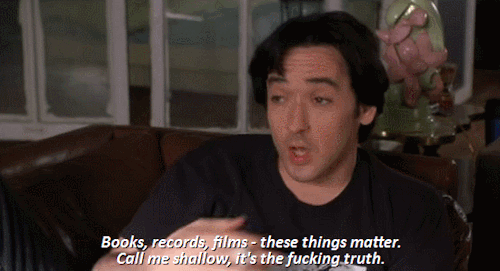Aula Magna de Blues
segunda-feira, 30 de abril de 2018
"Mourir Partir Revenir C'est Le Jeu des Hirondelles"
«Em Outubro de
2006, no site na Internet do Instituto Nacional do Audiovisual encontrei uma
reportagem gravada em Beirute em 1984. Os jornalistas entrevistavam os
habitantes de uma rua situada na proximidade da linha de demarcação, que
cortava a cidade em dois. Uma mulher, bloqueada pelos bombardeamentos na
entrada do seu apartamento, disse uma frase que me perturbou: “Sabem, acho que,
mesmo assim, se calhar estamos mais ou menos em segurança, aqui”. Essa mulher
era a minha avó.»
Zeina Abirached
sexta-feira, 27 de abril de 2018
quarta-feira, 25 de abril de 2018
Abrilar
av. de Berna, Lisboa
(foto: andré)
"Ficaste na pureza inicial
do gesto que liberta e se desprende"
Manuel Alegre - "A Salgueiro Maia"
segunda-feira, 23 de abril de 2018
Night
"Auschwitz."
Nobody had ever heard that name.
(...)
Never shall I forget that night, the first night in camp, that turned my life into one long night seven times sealed.
Never shall I forget that smoke.
Never shall I forget the small faces of the children whose bodies I saw transformed into smoke under a silent sky.
Never shall I forget those flames that consumed my faith for ever.
Never shall I forget the nocturnal silence that deprived me for all eternity of the desire to live.
Never shall I forget those moments that murdered my God and my soul and turned my dreams to ashes.
Never shall I forget those things, even were I condemned to live as long as God Himself.
Never.
(...)
They came back shattered. They had difficulty opening their mouths. All they could utter was one word: "Evacuation." The camp was going to be emptied and we would be sent to the rear. Where to? Somewhere in the deepest Germany. To other camps; there was no shortage of them.
(...)
At six o'clock the bell rang. The death knell. The funeral. The procession was beginning its march.
(...)
Beneath our feet there lay men, crushed, trampled underfoot, dying. Nobody paid attention to them.
We were outside. The icy wind whipped my face. I was constantly biting my lips so that they wouldn’t freeze. All around me, what appeared to be a dance of death. My head was reeling. I was walking through a cemetery. Among the stiffened corpses, there were logs of wood. Not a sound of distress, not a plaintive cry, nothing but mass agony and silence. Nobody asked anyone for help. One died because one had to. No point in making trouble.
I saw myself in every stiffened corpse. Soon I wouldn’t even be seeing them anymore; I would be one of them. A matter of hours.
(...)
The night was growing longer, neverending.
(...)
The last day had been the most lethal. We had been a hundred or so in this wagon. Twelve of us left it. Among them, my father and myself.
We had arrived in Buchenwald.
(...)
All around me, there was silence now, broken only by moaning. In front of the block, the SS were giving orders. An officer passed between the bunks. My father was pleading:
"My son, water … I’m burning up … My insides …"
"Silence over there !" barked the officer.
"Eliezer," continued my father, "water ..."
The officer came closer and shouted to him to be silent. But my father did not hear. He continued to call me. The officer wielded his club and dealt him a violent blow to the head.
I didn’t move. I was afraid, my body was afraid of another blow, this time to my head.
My father groaned once more. I heard:
"Eliezer ..."
I could see that he was still breathing—in gasps. I didn’t move.
When I came down from my bunk after roll call, I could see his lips trembling; he was murmuring something. I remained more than an hour leaning over him, looking at him, etching his bloody, broken face into my mind.
Then I had to go to sleep. I climbed into my bunk, above my father, who was still alive. The date was January 28, 1945.
I woke up at dawn on January 29. On my father’s cot there lay another sick person. They must have taken him to the crematorium. Perhaps he was still breathing...
No prayers were said over his tomb. No candle lit in his memory. His last word had been my name. He had called out to me and I had not answered.
I did not weep, and it pained me that I could not weep. But I was out of tears. And deep inside me, if I could have searched the recesses of my feeble conscience, I might have found something like: Free at last !...
(...)
Three days after the liberation of Buchenwald, I became very ill: some form of poisoning. I was transferred to a hospital and spent two weeks between life and death.
One day when I was able to get up, I decided to look at myself in the mirror on the opposite wall. I had not seen myself since the ghetto.
From the depths of the mirror, a corpse was contemplating me.
The look in his eyes as he gazed at me has never left me.»
Elie Wiesel
segunda-feira, 16 de abril de 2018
domingo, 15 de abril de 2018
o Novo Cinema Paraíso
Comecei a compreender e a apreciar, verdadeiramente, o cinema, com um filme sobre filmes. Um filme de amor aos filmes. O cinema como arte. De contar histórias com imagens em rotação. Numa película. Com o projector a iluminar a sala escura das nossas cabeças, e a magia de um que nos mostra como tudo (até aquilo que é triste) pode ser tão belo. Com a ternura dos pormenores e o cuidado do tricot que se desfaz atrás da mãe que abre a porta ao filho. A grande beleza das coisas simples e dos mistérios. A força de uma sequência (à chuva) e o poder de um plano (Elena). Da luz. Das sombras. Da imagem, do som, dos silêncios, de um gesto, de um beijo ou de um olhar. E a importância de uma cena ou da banda-sonora.
Ainda por cima europeu e falado em italiano. Que me obrigava a querer mais e beber mais da fonte inesgotável. Tudo, se fosse possível. E que podia partilhar com o meu pai.
Foi assim aos 12 anos quando fui a Giancaldo, provavelmente ao Mundial ou ao Ávila, onde passavam Alfredo e Totò em cartaz, e quando ir ao cinema era ir ao teatro. Com a mesma idade com que agora levámos a Matilde, na reposição para a festa do Cinema Italiano, e sentir um inesperado calor nos olhos."Adorei o filme, pai.", disse-me depois também o Rodrigo. Abracadabra.








